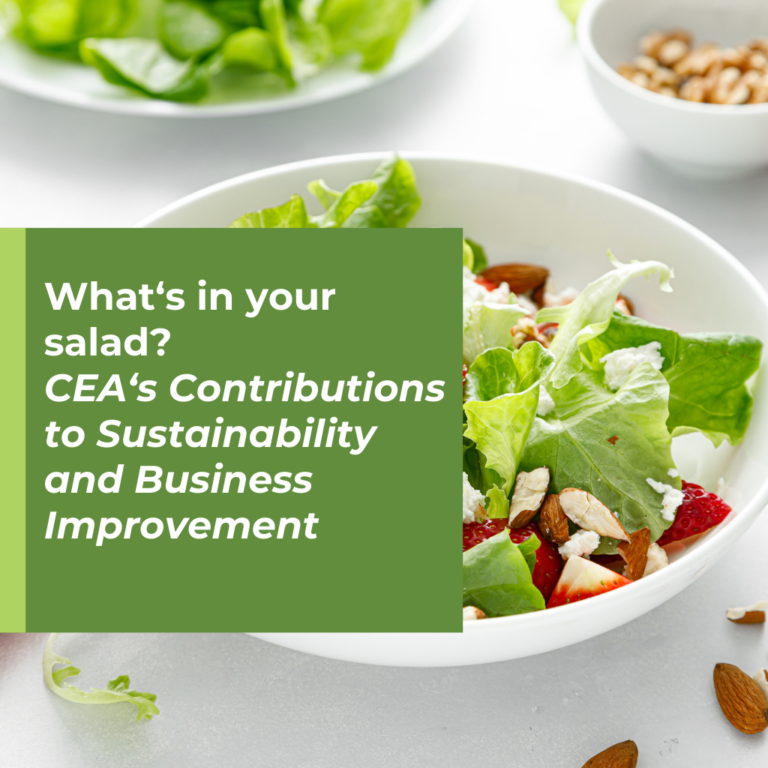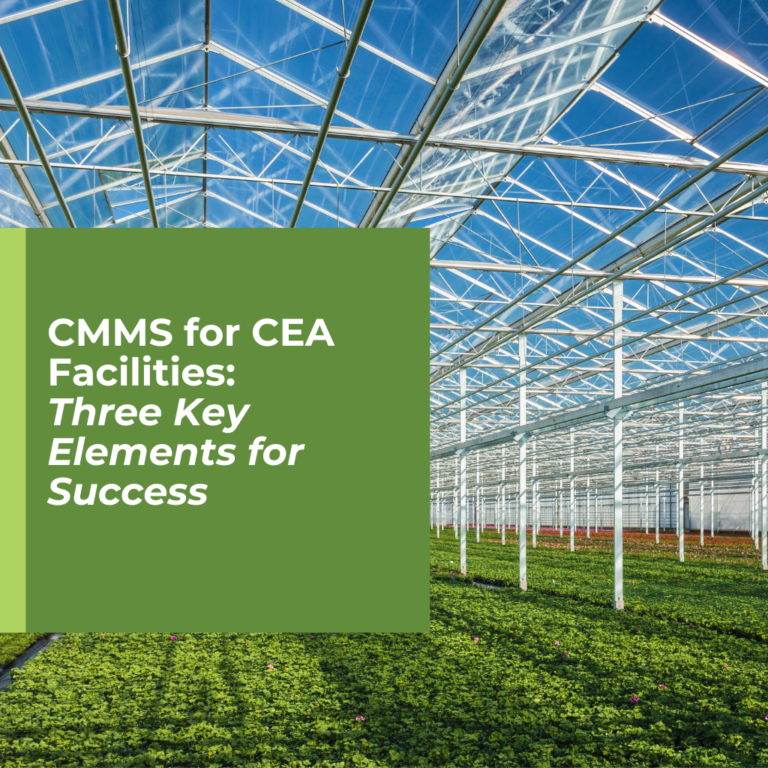
CMMS for CEA Facilities: Three Key Elements for Success
CMMS Success = Facility Success
Since a CMMS manages key processes that support the prevention of issues related to infrastructure and equipment within the facility, having working knowledge of how CMMS success is achieved is a crucial step in planning. Without a clear logistical framework, it becomes impossible to understand how a CMMS integrates different parts of a grow facility for the purpose of optimal function.
Three Elements of CMMS Success
To provide clarity and with the goal of streamlining logistics, here are three important areas which encompass fundamental elements of a successful CMMS plan:
1. Having Defined Goals and Planned Outcomes
2. Promoting Employee and Management Accountability
3. Ensuring Effective Integration Support
1. Having Defined Goals and Planned Outcomes
Defining goals and planning outcomes represent strategic steps that clarify the role and purpose of a CMMS’ moving elements. Through goals and planning a facility’s CMMS is able to effectively optimize maintenance processes while allowing for quicker response times and enhanced productivity. In addition, clearly defined goals and objectives support compliance requirements by ensuring that necessary tasks are performed and documented on a timely basis.
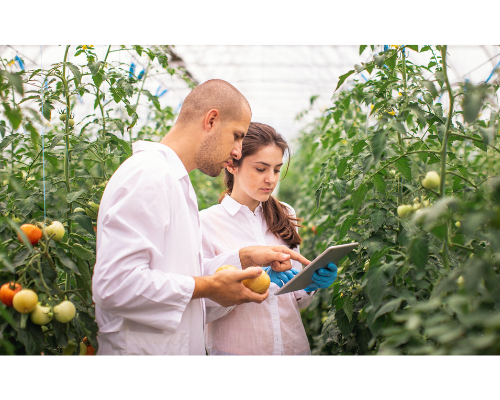
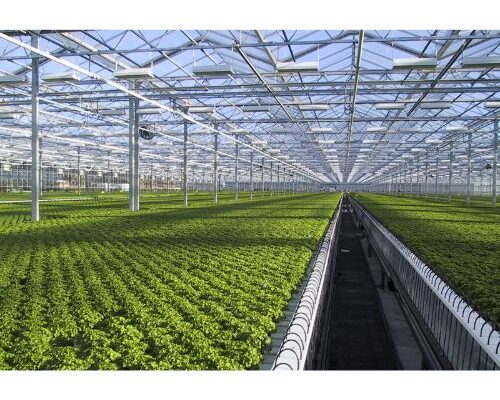
2. Promoting Employee and Management Accountability
Employee and management accountability are essential for a CMMS because it ensures adequate adherence to the goals and outcomes outlined by a facility. Through this adherence, it is then possible to achieve continuous improvement and effective responses to the system’s prompts and features. In turn, grow facilities are able to maximize the benefits of a CMMS while achieving employee “buy-in” to processes and logistics that boost business efficiencies and innovations.
3. Ensuring Effective Integration Support
Effective integration support refers to the successful incorporation of the CMMS with a grow facility’s technologies and systems. Without this stage, it is impossible to realize benefits and creates barriers in the CMMS’s seamless operation with both employees and existing systems and workflows. Proper integration allows for decision-making that is informed by a clear understanding of the many different elements that influence a facility’s maintenance efforts. In turn, operational efficiencies can be continuously achieved, and new goals and targets can be reasonably envisioned.
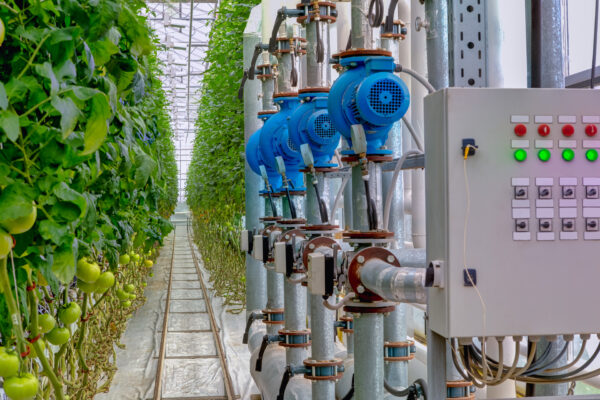
Learn more about CEAd and CMMS for Controlled Environment Agriculture Operations.


